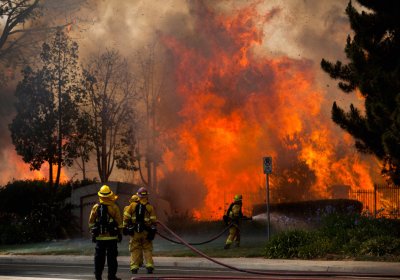The Coalition Against WestConnex (CAW) hand-delivered more than 10,000 written submissions and community objections to the WestConnex M4-M5 Link Environmental Impact Statement (EIS) to the Planning Department’s head office on October 16.
Spokesperson for WestConnex Action Group and No WestConnex: Public Transport Anne Picot said: “This unprecedented number of objections to the Stage 3 EIS represents the strength of opposition to WestConnex, and the traffic inducing M4-M5 Link. We are confident that thousands more objections have been lodged on-line.











